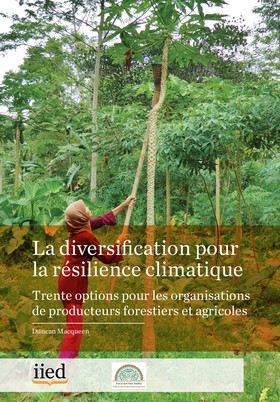Can strategic spatial planning contribute to land degradation reduction in urban regions? State of
the art and future research
Land degradation is becoming a serious environmental issue threatening fertile agricultural soils and other natural resources. There are many driving forces behind land degradation. The expansion of artificial surfaces due to various economic activities, such as housing, industry, and transport infrastructure, known as soil sealing, constitutes one of the most intensive forms of land degradation in urban regions. Measures to halt and reverse land degradation require both strong land-use management policies, as well as effective spatial planning mechanisms.


